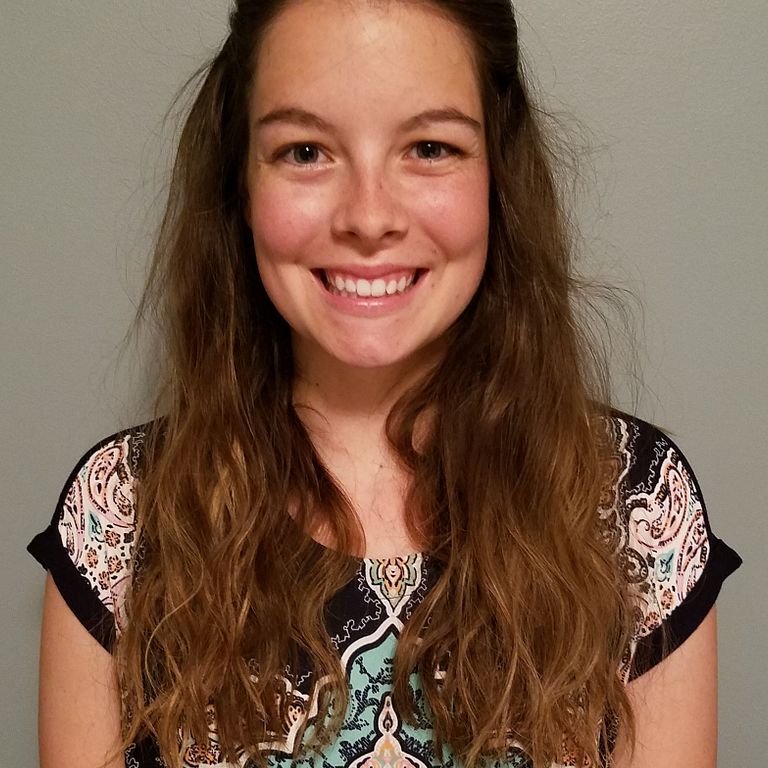
Don’t feed the squirrels!
Recently, there have been reports of aggressive squirrels around the IUPUI campus. Squirrels may look cute, and they are fun to watch scampering about, but they should not be treated as pets.
Squirrels are wild animals and do not need human food to survive. If fed by humans often enough, they will stop foraging for their own food and will rely on humans. They may even seek you out for a treat. When they are no longer being fed and stop foraging on their own, what will they have to eat? When squirrels are fed regularly, they become accustomed to humans and begin to approach them. Squirrels may become aggressive when you deny them food or if they feel threatened, and might even bite.
While they may seem harmless, squirrels carry many communicable diseases such as salmonella, plague, Lyme disease, tularemia, leptospirosis and rabies. Exposure to squirrel urine or feces, or being bitten by a squirrel, can lead to illness.
Remember that squirrels are wild animals and should be left alone to coexist in our community. Please leave IUPUI campus squirrels alone.
100 Days of United Way
IUPUI has launched 100 days of United Way: a 100-day celebration of United Way of Central Indiana’s 100th anniversary. It began Monday, July 24, and will conclude Oct. 31. The IUPUI committee can’t lead this fight without you – each and every one of you has a role to play in this celebration. Together, we all are fighting for the people in our community who need us the most.
Please join the conversation and keep up-to-date on all things #iupuiuwci100:
Facebook: IUPUI United Way Campaign
Twitter: @IupuiUway
Website: http://unitedway.iupui.edu
The committee members want to see all of your posts during the 100 days, so be sure to use #uwci100 and #iupuiuwci100 on all of your tweets and Facebook/Instagram posts. Thank you for being a hand-raiser and game-changer for your community!
American English for International professionals class
Enrollment is open for the next class of American English for International Professionals. Class will meet 11 consecutive Wednesdays, starting Aug. 2, and will take place 5:15 to 7:15 p.m. in the Candlelight Room, A3050-A, at Methodist Hospital. The goal of AEI is to improve participants’ spoken communications with colleagues, patients and staff through modification – not elimination – of their international accents.
Registration ends Wednesday, July 26.
Register online
Paw’s Pantry Sponsorships
Paw’s Pantry has a great opportunity for the IUPUI community to build connections and further pledge to end food insecurity on campus. To continue serving our campus community and help students stay the course to commencement, Paw’s Pantry is looking for sponsors to help keep its shelves stocked with popular, “college-friendly” items.
By sponsoring a shelf, your department will commit to supplying 10 to 15 items per month during the 2017-18 academic year.
Shelves still available for sponsorship include:
- International Shelf
- Canned Protein Shelf
- Baking Shelf
- Frozen Foods
With your sponsorship, you will be recognized through all of Paw’s Pantry’s social media channels – nearly 2,700 followers – at every pick-up. Your department will also be included in every issue of its bimonthly newsletter, and a sign on your shelf will publicize your generosity. All donations can be tax-deductible as well.
To sponsor a shelf, contact Shaina Lawrence, Paw’s Pantry staff advisor, at sloveles@iupui.edu.
Through more than 3,200 visits since 2014, Paw’s Pantry has distributed more than 45,000 perishable, nonperishable and hygiene products to IUPUI students, faculty and staff.
Top score in the country

In June, Cassidy Osborne found out she was the nation’s top scorer on the Certified Health Education Specialist exam. She outscored more than 1,500 other test takers this year.
A recent graduate of the public health-community health program at the Fairbanks School of Public Health, Osborne credits her undergraduate classes with helping her ace the exam. “I felt really prepared for the exam after taking the classes in the community health curriculum,” Osborne said. She even used her class notes to prep for the exam.
Osborne is currently working at Memorial Hospital in Jasper, Indiana, as a health educator. She performs workplace wellness programming and health screenings for companies in the area. Eventually, she’d like to get her master’s degree, but for now, she wants to put her community-health education into practice first.
The CHES exam is a competency-based tool used to measure possession, application and interpretation of knowledge in the seven areas of responsibility for health education specialists. There are currently more than 13,000 CHES-certified community health workers in the United States.

